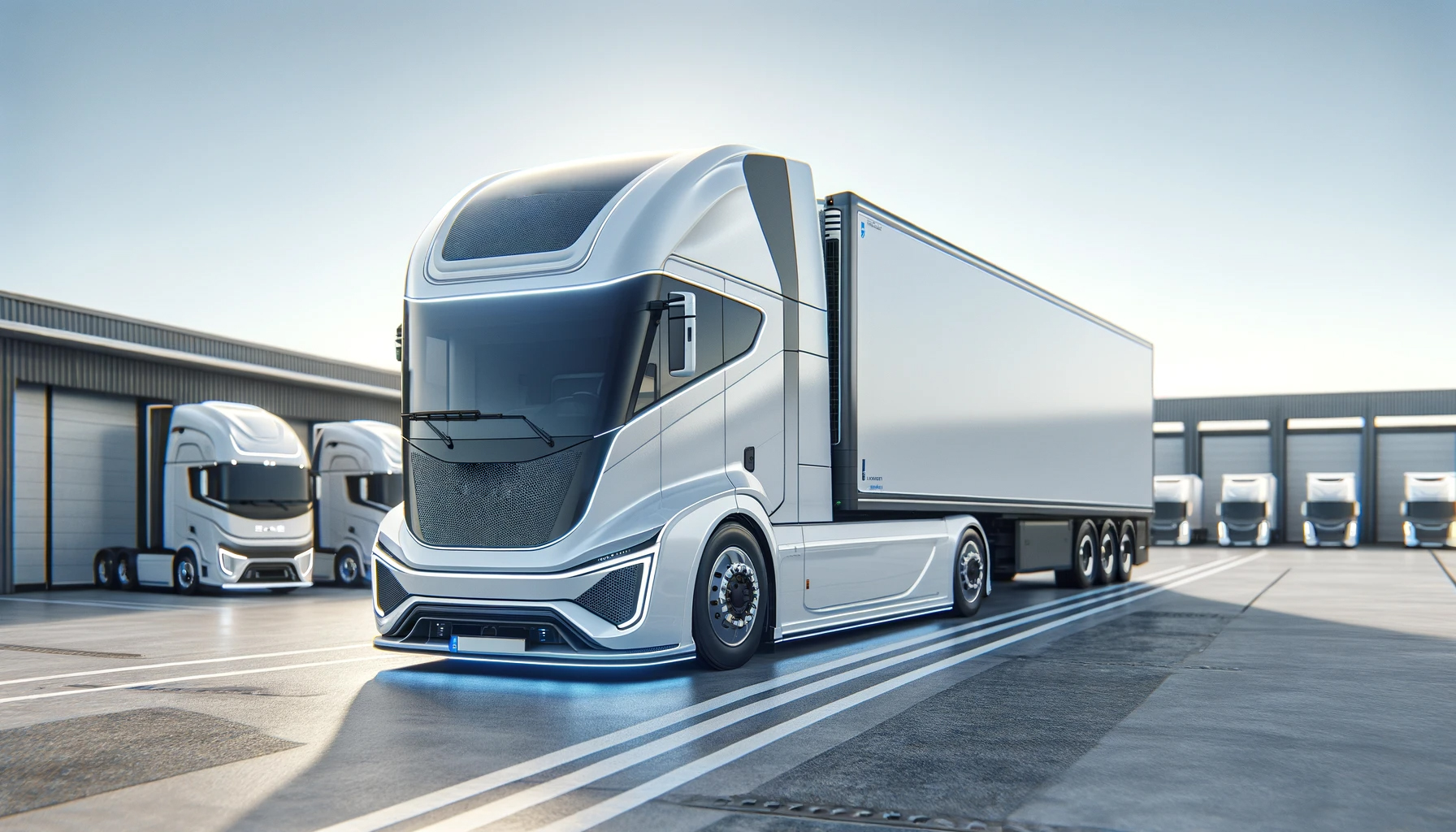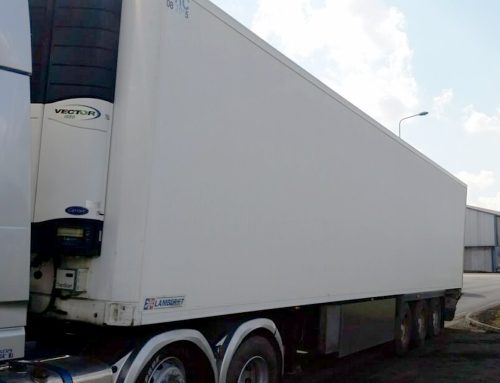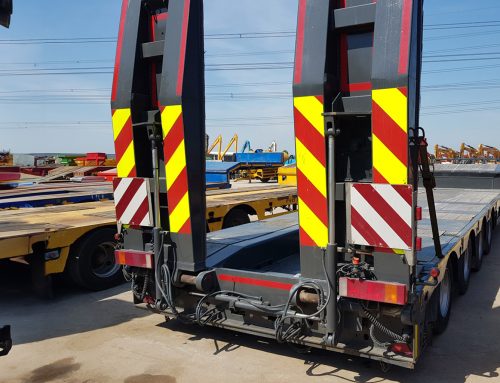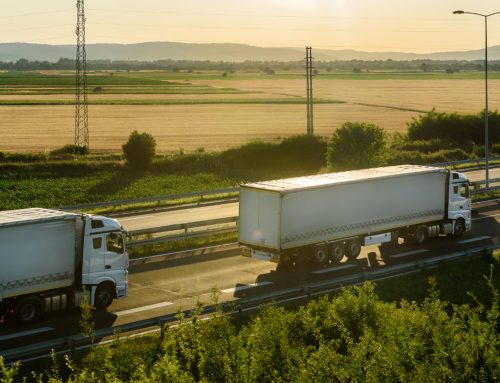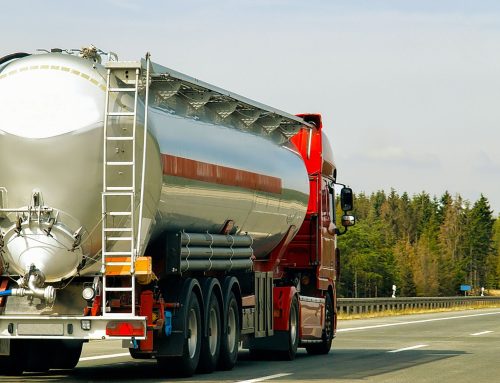Over the past 10 years, we have seen a rise in electric semi-trailers as high demand for sustainable and cost-effective commercial vehicles persists.
This upward trend is expected to continue as highly renowned brands along the likes of UPS, Asda and Pepsi have already made significant investments in new technologies focused on electric semi-trailers and containers.
It was only several months ago that UK and European logistics firm Manfreight took delivery of the first Schmitz Cargobull S.KOe COOL, which is to be put into operation in the UK. Perhaps this commitment signifies a promising future towards achieving a net-zero status for the freight logistics sector by 2050, however, at the same time, there are technological advancements being made by semi-trailer manufacturers to bolster safety, efficiency and overall performance.
Sustainability Initiatives
It’s no secret that road freight transportation accounts for a large percentage of the UK’s carbon emissions. Studies show 13.1 million metric tons of CO2 were produced in 2021 from road freight, an increase of 7.5% compared to the previous year. Innovations aimed at reducing the carbon footprint of trailers remains underway through the use of mounted solar panels and battery-swap technology for round-the-clock performance.
But as the prospect of electric semi-trailers looms, concerns have been raised around their reliability and charging convenience. BMW Group Logistik set a benchmark in electric semi-trailer tests and their team has eliminated some of these worries, by carrying out rigorous testing using an electrically powered semi-trailer. The result? To provide additional propulsion, thereby reducing the load on tractor units and contributing to overall energy efficiency. When paired with a diesel truck, the results showcased an impressive average fuel saving of 46% over short to medium distances and a remarkable 48% saving over long distances. However, when paired with an electric tractor unit, the trials demonstrated an outstanding range of more than 600 km without the need for recharging. A fantastic breakthrough for enhancing both economic and environmental sustainability in the logistics industry.
Advanced Driving Technology & Aerodynamics
Trailers can weigh up to an astonishing 80,000 pounds when fully loaded, making them tough to operate. Autonomous driving technology represents another leap forward for the future, when considering and buying semi-trailers is also focused on built-in features making them easier to drive and navigate with minimal interference – inevitably reducing the risk of road traffic accidents and enabling a more fuel-efficient drive. Sounds good, right? What’s more, the use of aerodynamics significantly influences the overall efficiency of semi-trailers. Ongoing research and developments in aerodynamic designs include materials and shapes that aid in minimising drag and improving fuel economy.
Initial Costs of Electric Semi-Trailers
So, whether you are a keen green enthusiast or not – the future of semi-trailers could be solely dependent on electric. But what’s the catch? There is a higher upfront cost (for now), however, the overall operational expenses are lower. Many manufacturers are strategically pricing new electric semi-trailers and rigids to ensure a return on investment within 2-3 years. Although the initial costs are higher, electric semi-trailers may prove to be easier to maintain, run and repair when compared to their counterparts.
The integration of these new technological advancements is set to redefine the future of how semi-trailers are operated and managed. Yet the estimated 2030 ban is only on the sale of new diesel vehicles, meaning they can still be sold second-hand. So, if you’re looking to sell your semi-trailer, and would prefer to deal with an experienced trailer trader, we’re ready to buy it. Head over to our quote page for a free, no-obligation quotation.


